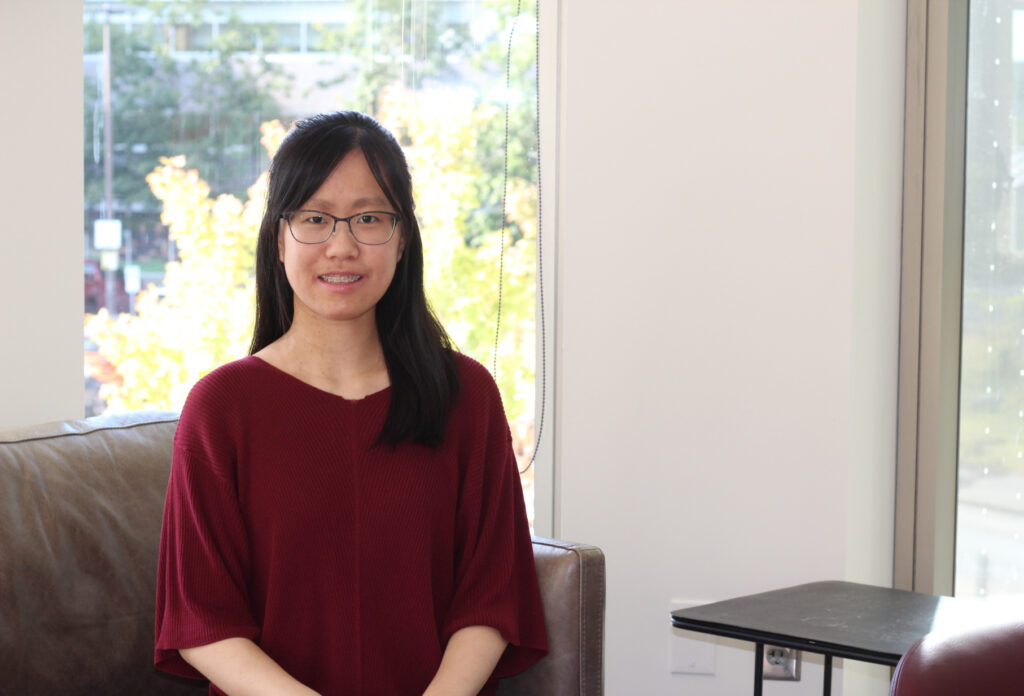Enhancing My Skill Set Through the Summer Research Experience
By: Joyce Lau, Bachelor of Commerce, concentration in Accounting

As an accounting student going into their third year of studies, I participated in the Sprott Undergraduate Summer Research Experience, which gave me the opportunity to develop my research and analytical skills, and to be part of an interesting research project in the internal audit field that involves faculty from Sprott School of Business (Dr. Ouafa Sakka) and from UQAM’s School of Management (Dr. Placide Poba-Nzaou).
The internal audit field has emerged as a means of ensuring transparency between organizations and the public. Internal auditors evaluate a company’s internal controls and provide objective reports based on their analysis of corporate governance, risk, and financial processes. However, their advisory role often presents them with dilemmas, as they must bear both the responsibility of reporting any violation of regulations and the pressure to comply as a member of the organization.
To help new accounting trainees acquire the specific skill sets that the internal audit job market demands, the Institute of Internal Auditors (IIA) developed an Internal Audit Competency Framework that outlines the competencies that they must possess. Most post-secondary institutions follow this competency map to develop their curriculum for internal auditors. Four sets of competencies can be found in the framework: Professionalism, Performance, Environment, and Leadership & Communication. The question underlying my SUSRE research was: to what extent is the IIA Competency Framework a good representation of the job market requirements in Canada and the United States?
To answer this research question, I followed a three-step process: literature review, job ad coding, and data analysis. First, to get a better understanding of the internal audit field, I searched for articles related to the project research question. Throughout this process, I learned that search filters were helpful for quality assurance purposes and for narrowing down the results. For example, key phrases helped me ensure articles covered similar topics, and time filters (i.e., “since 2018”) limited results to recent publications. Articles were also chosen based on the quality of the journal in which they appeared. In the second (job coding) phase, I used websites like Indeed and LinkedIn to collect over 300 internal auditor job ads. A spreadsheet database was created to capture each ad’s key information and to code the level of competency required for each skill in the IIA Framework. Finally, I analyzed all the collected data and wrote a report to summarize the key findings.
All in all, this research project gave me the opportunity to delve into the research field and to gain a new appreciation of the effort professional researchers dedicate to the examination and testing of theories. Not only was I able to learn more about internal auditors’ competencies, but I also learnt how to code texts and develop a database that can then be analyzed to answer a research question. Overall, the SUSRE experience helped me improve my research, analytical, and organizational skills, which are instrumental to the accounting profession.
By way of conclusion, I’d like to thank my supervisor, Dr. Ouafa Sakka, for giving me the opportunity to be involved with this project and enriching this experience for me. I hope that the results from our research will be meaningful for internal auditors and help them as they prepare to enter the field.